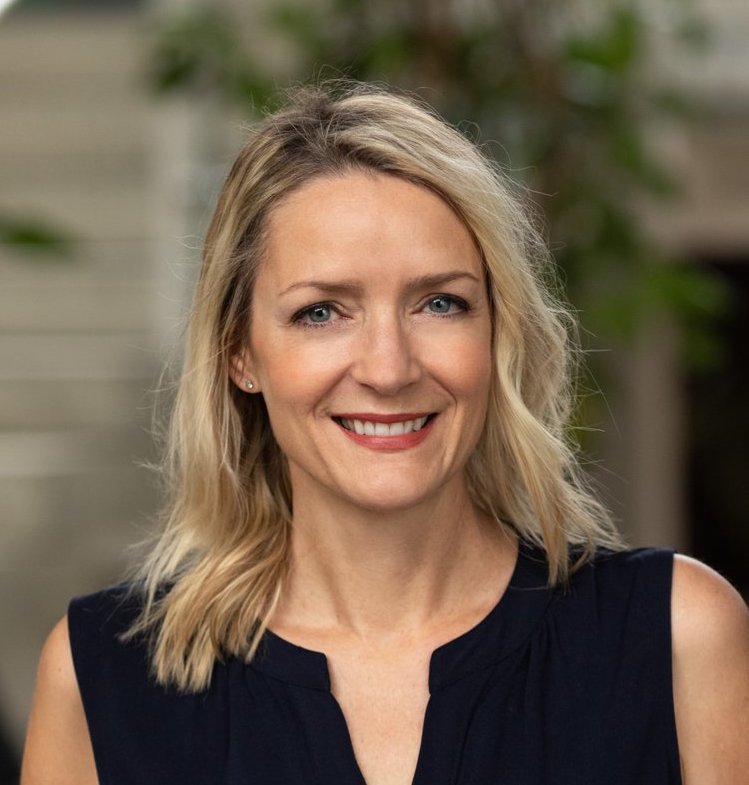A New Bank Foundation Emerges in the South. What’s its Game Plan?
/Affordable Housing is one of the priorities of the new truist foundation. Aisyaqilumaranas/shutterstock
It was sometimes hard to keep up with the flurry of ambitious banking mergers leading up to the 2008 financial crisis, and the marriages of necessity that followed. Things quieted down for the next decade or so, when the institutions that emerged were sidelined from some kinds of dealmaking by a stricter regulatory environment. But rules have relaxed during the current administration, leading to predictions of another round of consolidations, particularly at the regional level.
Last December saw the largest bank deal since 2008, when Winston-Salem-based BB&T, a regional leader with long and deep roots in the South, acquired Atlanta-based SunTrust Banks for $28.2 billion, creating the sixth-largest U.S. retail bank by assets. Both companies agreed to leave their respective headquarters and plant a flag in Charlotte, North Carolina—the second-largest banking center in the U.S.—and to do business under a new name: Truist Financial. Once fully integrated, the company will operate more than 2,000 branches, mostly in the Southeastern part of the country.
Recently, the combined entity announced the launch of its new philanthropic arm, the Truist Foundation, which will also be based in Charlotte. As we often report, bank foundations play a big role in local and regional philanthropy scenes, especially in the South. So there are good reasons to pay attention to this new player and its goals.
Funding Priorities
The foundation’s stated purpose is to “inspire and build better lives and communities.” After conducting a listening tour and one-on-one interviews with teammates, partners and stakeholders, it identified four funding “pillars” to achieve that goal: leadership development, economic mobility, “thriving communities” and educational equity.
Leadership development efforts will focus on empowering nonprofit and community-based actors. Economic mobility funding will be aimed at identifying innovative ways to break the cycle of poverty and remove economic barriers. “Thriving communities” investments will zero in on affordable housing and workforce development. Educational equity funding will focus on supporting secondary and post-secondary students in underserved communities, and promoting literacy.
Geographical Footprint
The Truist Foundation’s geographical priorities currently include 18 states: Alabama, Arkansas, Florida, Georgia, Kentucky, Indiana, Maryland, Mississippi, New Jersey, North Carolina, Ohio, Pennsylvania, South Carolina, Tennessee, Texas, Virginia, West Virginia and Washington, D.C. Lynette Bell, president of the new foundation, notes that the footprint comprises both urban communities like Baltimore, and rural communities like Macon, Georgia.
Headquarters in Charlotte
By choosing Charlotte as its headquarters, the Truist Foundation will be funding alongside the foundations of some of its biggest competitors—well-known, established funders like the Bank of America Charitable Foundation, which works in a number of the same areas, and the Wells Fargo Foundation, a legacy funder in the area that made more than 1,000 grants in North Carolina in 2018, totaling $25.6 million.
Bell says BB&T and SunTrust were previously represented across the North Carolina market and in Charlotte. For example, Inside Philanthropy reported that both partners supported Charlotte’s $50 million Housing Opportunity Investment Fund at the $5 million level.
The grantmaking of the predecessor foundations was significant. The SunTrust Foundation alone made grants of $19.8 million in 2018, on assets of $285 million. When asked about the new foundation’s giving level, Bell said, “We look at giving as more than a number on a check—it’s about the impact we make by supporting our communities. The Truist Foundation has not committed to a total amount of giving in 2020, so we are unable to share specific numbers, but we’re excited to partner with strong, innovative nonprofits to increase their impact and expand their reach.”
Leadership
Lynette Bell, a 20-plus-year veteran of SunTrust who held senior roles in community development, has been named president of the new foundation. She’ll lead an 11-member board composed of seven additional Truist executives and three outside members: Dr. Harold Martin Sr., chancellor of North Carolina A&T State University in Greensboro; Ernie Reigel, former chair of Moore & Van Allen, one of the largest law firms in the southeast; and Ingrid Saunders Jones, who led the Coca-Cola Foundation between 1991 and 2013. It will be chaired by William H. Rogers Jr., former chair and CEO of Sun Trust Banks and Truist’s current president and chief operating officer.
How to Apply
Bell encourages nonprofits that work in the new foundation’s funding areas and geographies to apply for support at www.truist.com/truist-foundation/grant-application.



















